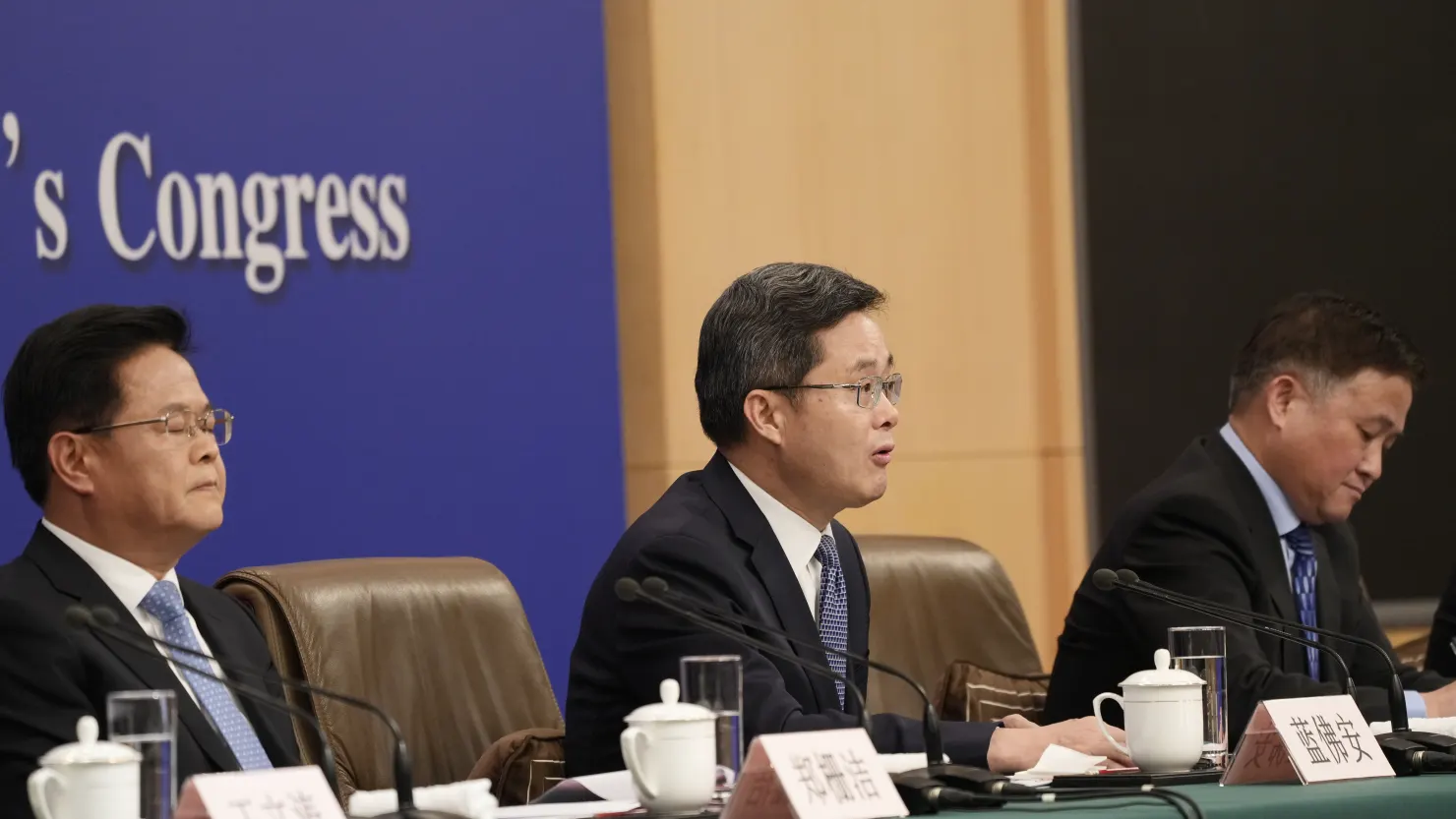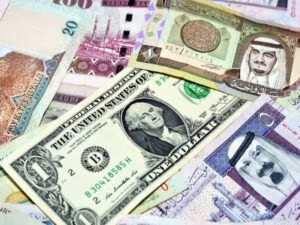During a highly anticipated press briefing on Saturday, China’s Finance Minister, Lan Fo’an, indicated that the central government has the capacity to increase its debt and deficit. He stated that there is “rather large” room for a deficit increase, but emphasized that such policies are still under consideration, as translated by CNBC.
Amid ongoing economic challenges, many economists have urged for additional fiscal support, though the Chinese government has yet to unveil a significant stimulus package. In the lead-up to the briefing, investors and analysts speculated that a major announcement might be imminent.
Lan suggested that this weekend’s briefing was not a final word and that further stimulus measures are forthcoming. However, the specifics regarding the size of the potential stimulus and its allocation—whether directed at consumption or the struggling real estate sector—remain unclear.
Zhiwei Zhang, President and Chief Economist at Pinpoint Asset Management, remarked that while the policies are heading in the right direction, further details are necessary to assess their macroeconomic impact, which will be a focal point for markets in the coming months.
During the briefing, the finance ministry also outlined measures aimed at addressing local government debt, stabilizing the real estate market, and supporting employment. Notably, Vice Minister of Finance, Liao Min, announced that local governments would be allowed to use special bonds for land purchases and utilize affordable housing subsidies for existing housing stock, in addition to new construction.
Furthermore, he mentioned that authorities are exploring plans to reduce real estate-related taxes, although no specific figures were provided. The support for the real estate sector will require a multifaceted approach.
In a meeting led by President Xi Jinping in late September, Chinese authorities called for enhanced monetary and fiscal support, though they did not disclose detailed plans. Analysts estimate that fiscal stimulus needs could range from 2 trillion yuan ($283.1 billion) to over 10 trillion yuan.
Ting Lu, Chief China Economist at Nomura, noted that any stimulus measures typically require approval from China’s parliament, which is set to convene later this month. He emphasized that the usage of funds—whether to support local government finances or boost consumption—is as critical as the amount provided.
China’s retail sales have seen only modest growth recently, and the real estate market continues to struggle. GDP growth was recorded at 5% in the first half of the year, raising concerns about meeting the full-year target of around 5%. Investors are now eagerly awaiting the release of third-quarter GDP data from the National Bureau of Statistics on October 18.
Bruce Pang, Chief Economist and Head of Research for Greater China at JLL, is looking for more details to emerge from the parliamentary meeting later this month, suggesting it would be prudent to maintain some financial reserves to handle unforeseen challenges.
Following a week-long holiday, mainland Chinese stocks displayed volatility as markets reopened on Tuesday, with a stimulus-fueled rally losing momentum and major indexes returning to late September levels. Prior to this, the CSI 300 had enjoyed its best week since 2008, buoyed by significant policy announcements signaling government intervention to stimulate growth.
In the wake of the Federal Reserve’s easing cycle, the People’s Bank of China cut several interest rates and extended real estate support measures by two years. Additionally, it initiated a $71 billion program to enable institutional investors to borrow funds for stock investment.
The National Development and Reform Commission also committed to accelerating the use of 200 billion yuan originally earmarked for next year, primarily for investment projects, although no new stimulus was announced.
It’s worth noting that Saturday is a working day in China, but financial markets remain closed.





